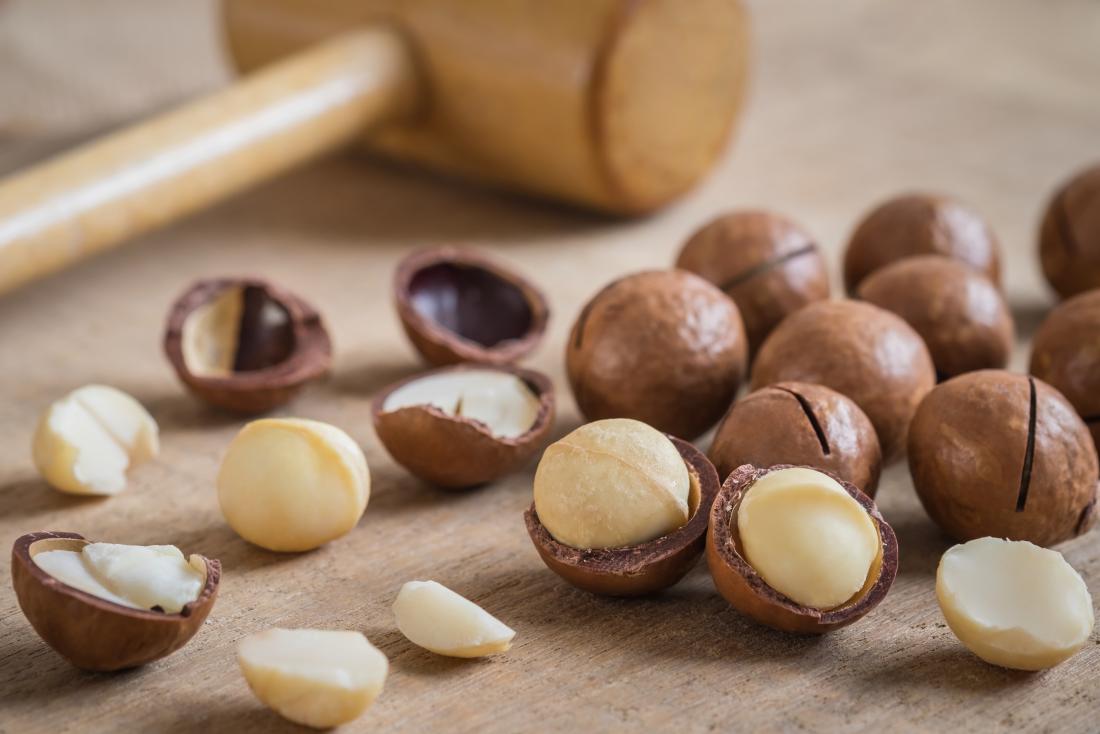Macadamia exports surges by 77pc
THE horticulture sector continues its upward trajectory, with macadamia nuts leading the charge and recording an impressive 77 percent increase in export receipts, signalling a robust recovery and rebound.
The economic importance and demand for macadamia nuts on the world market are on the rise, driven by growing consumer awareness of their health benefits and increasing demand for plant-based diets.
The global macadamia market size was valued at US$1,58 billion in 2022, and is anticipated to expand at a compound annual growth rate of 9,3 percent from 2023 to 2030.
Macadamia nuts are a rich source of monounsaturated fat, antioxidants, and essential nutrients, making them a popular choice among health-conscious consumers.
Their versatility in culinary uses, from snacking to gourmet applications, has also contributed to their growing demand.
The Asia-Pacific region is a significant driver of demand, with China emerging as the world’s largest consumer of macadamia nuts.
The region’s growing food and beverage industry, with its demand for high-quality ingredients, is also boosting macadamia nut exports from Zimbabwe.
In 2024, the country shipped an impressive 1 620 tonnes of macadamia nuts to various export markets which include the European Union, China, South Africa and United Arab Emirates.
The majority of macadamia nuts are produced in Manicaland’s Eastern Highlands – Honde Valley, Chimanimani and Chipinge – where the crop thrives well due to favourable soils and climatic conditions.
Horticulture Development Council chief executive officer, Ms Linda Nielsen attributed the growth to increased investment from both small-scale and commercial farmers, demand of the product on the international market, increased farmer support, research and development.
“The increase in macadamia exports results from a combination of factors. These include increased investment in orchards and greater support for both commercial and small-scale growers through training and access to inputs.
With the growing demand for health foods globally, we are hopeful that this position Zimbabwe as a highly sought-after product.
“Over the past five years, we have seen steady expansion in macadamia production areas and increased farmer support programmes, including to small-scale growers. Investment opportunities exist in expanding irrigation systems and processing facilities, among others. Macadamia is a long-term crop, which needs long term planning. To take best price advantage, it is imperative for farmers to be growing “in-demand” varieties. Research and development of these varieties is a key area for investment so that our farmers are growing varieties with a long term future,” she said.
Ms Nielsen also said small-scale farmers’ contributions have been vital to compliment large scale estates like Ariston, Tanganda and Ciccada.
She, however, highlighted the need to attend to issues that require urgent attention such as limited long-term and affordable loans, costs of inputs, frequent power cuts, which affect the product’s competitiveness.
“Small-scale farmers are increasingly participating in the macadamia value chain, especially in Chipinge and Chimanimani. Through out-grower schemes and better access to training, financing, inputs and aggregation services, we will see improved yields. Farmers face challenges such as limited access to affordable finance and high input costs. Insufficient infrastructure, such as access roads and electricity for processing, also affects efficiency. Additionally, pests and diseases remain a concern and require continued extension support.
“Zimbabwe has been able to access the European Union market under the Economic Partnerships Agreement (EPA) since 2012. However, to capitalise fully, the industry needs supportive economic policies that encourage investment. These include affordable utilities and review of the foreign currency retention policy. Ongoing public-private efforts are addressing capacity issues to help exporters meet specific EU phytosanitary and traceability standards,” she said.-herald









